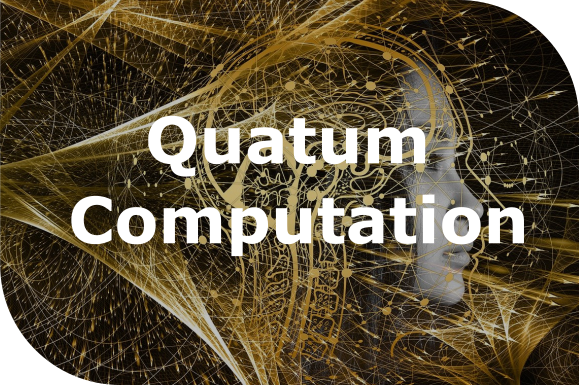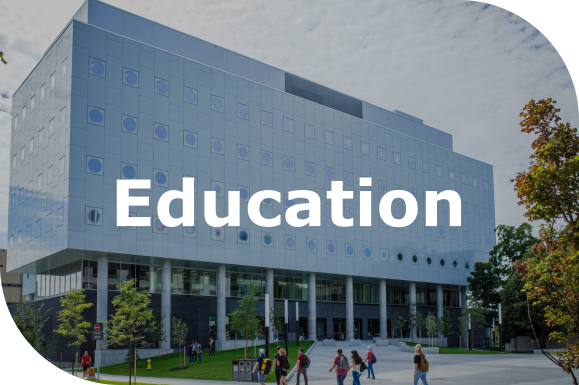
Much of modern day communication relies on the use of photons to carry information, whether through fibre optic cables, free-space, or underwater. Unlocking the full potential of these quantum particles can lead to more reliable and secure (infinitely secure in theory) communication with higher bandwidth. We focus on all aspects of unlocking this potential, from designing better quantum networks, to improving the signal-to-noise ratio, to developing and implementing protocols for free-space quantum-key distribution, to quantum homomorphic encryption, to the encoding of information in the structure of single photons.

Devices capable of sensing their environment are becoming more pervasive in everyday life. From the thermostats in our homes, to the accelerometers and pressure sensors in our cars, to the cameras, microphones, gyroscopes, GPSs (and increasingly much more) in our smartphones, having devices capable of reliably detecting the world around them has shaped our everyday lives. The next evolutionary step in increased accuracy and dependability for many of these sensors will be the introduction of quantum sensing.

With models and simulations becoming faster, more accurate and customizable, it should come as no surprise to learn that more and more science occurs on computers. It is less time consuming and cheaper to simulate dozens of materials, devices, or quantum phenomena on a single computer than it is to procure the equipment necessary to physically test all aforementioned (things) in the lab. Simulating the quantum scale (electrons) is by far the most difficult challenge but also the most crucial in many cases, with it having application in all fields of science including chemistry, material science, bio-molecular processes, and much more.

As with all new disruptive technologies, strong policy guardrails need to be put into place to ensure that the novel technology can be beneficial to society, and avoid being used to violate any individual’s privacy or well-being. What started off as a technological issue can quickly become a justice or social justice issue if left unchecked.

There is an urgent need for producing highly qualified personnel well trained in quantum technologies. The University of Ottawa has a unique opportunity to become a lead in training areas of Quantum Materials and Quantum Photonics. With the NexQT already offering graduate degrees focused on quantum technologies, work has commenced on developing a set of mini-courses geared towards non-math training in the concepts and advantages of quantum technologies (intended for business, communications, law) as well as well as a more math-focused set of courses aimed at engineers, computer scientists, and mathematicians.
